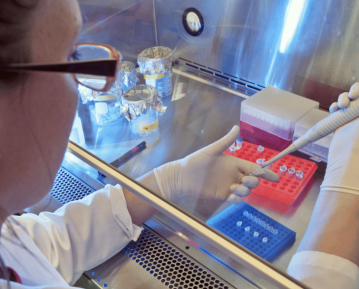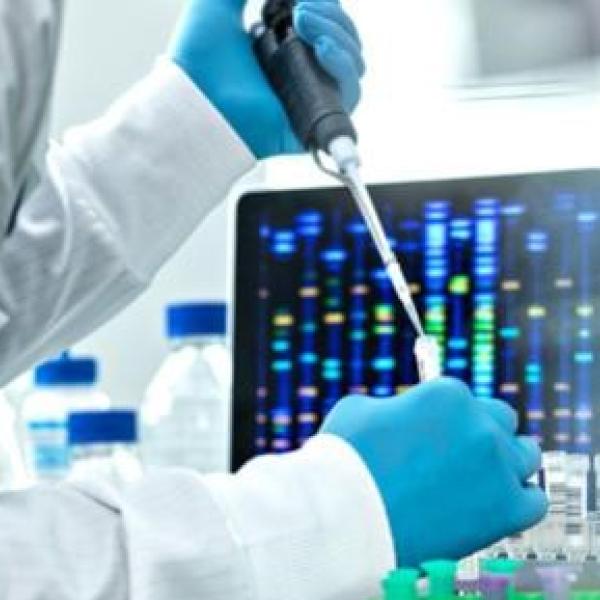Frequently Asked Questions
- If I earn a PhD degree in human genetics, what are my career options?
-
Our graduates enter diverse career trajectories, with the majority pursuing research and teaching positions at academic institutions, and research and development positions in pharmaceutical and biotechnology industries.
- My GPA is a little low. Can I still apply?
-
Yes. Application materials are reviewed as a whole, so allowances can be made for otherwise strong candidates who may be weak in certain areas such as GPA in previous studies. Successful applicants will describe how these weaknesses have been overcome, for example, in supplemental coursework, subsequent degree programs, or on-the-job experiences.
- What GRE scores are required for admission?
-
Submission of GRE scores is optional. There are not specific minimum GRE scores required for admission. If you choose to submit GRE scores they will be reviewed holistically as part of the entire application. Including superb GRE scores may benefit your application, however, choosing not to submit GRE scores will not adversely affect your application.
- What should I include in my personal statement to the admissions review committee?
-
The personal statement provides an opportunity for the applicant to shape the narrative of his or her application. It should address the following questions: (1) How have your experiences informed your decision to pursue a degree in Human Genetics? (2) What qualifications and experiences have prepared you to succeed in your graduate work? (3) Why you have chosen Pitt Public Health? (4) What do you seek to gain from your graduate studies and how does this align with future career goals?
- Can I apply after the admissions deadline?
-
Possibly. Admissions decisions to the PhD program are made twice per year, for Fall and Spring matriculation. New students are strongly encouraged to apply for Fall admission. Internal applicants, such as current Masters-level students or others affiliated with the University, and part-time students, can apply for Spring admission. We can sometimes make accommodations for late applicants under special circumstances, but not always. The safest option is to apply before the deadline. It is fine if third-party application materials, such as letters of recommendation, are submitted after the deadline as long as there is not a long delay.
- Is an MS degree required to enter the PhD program?
-
No, an MS degree is not required for entrance to the PhD program. Students interested in pursuing a PhD are encouraged to apply directly to the PhD program.
- If I apply to the PhD program but am not accepted, can my application materials then be considered for enrollment in the MS program?
-
Yes. PhD applicants can be considered for the MS program.



